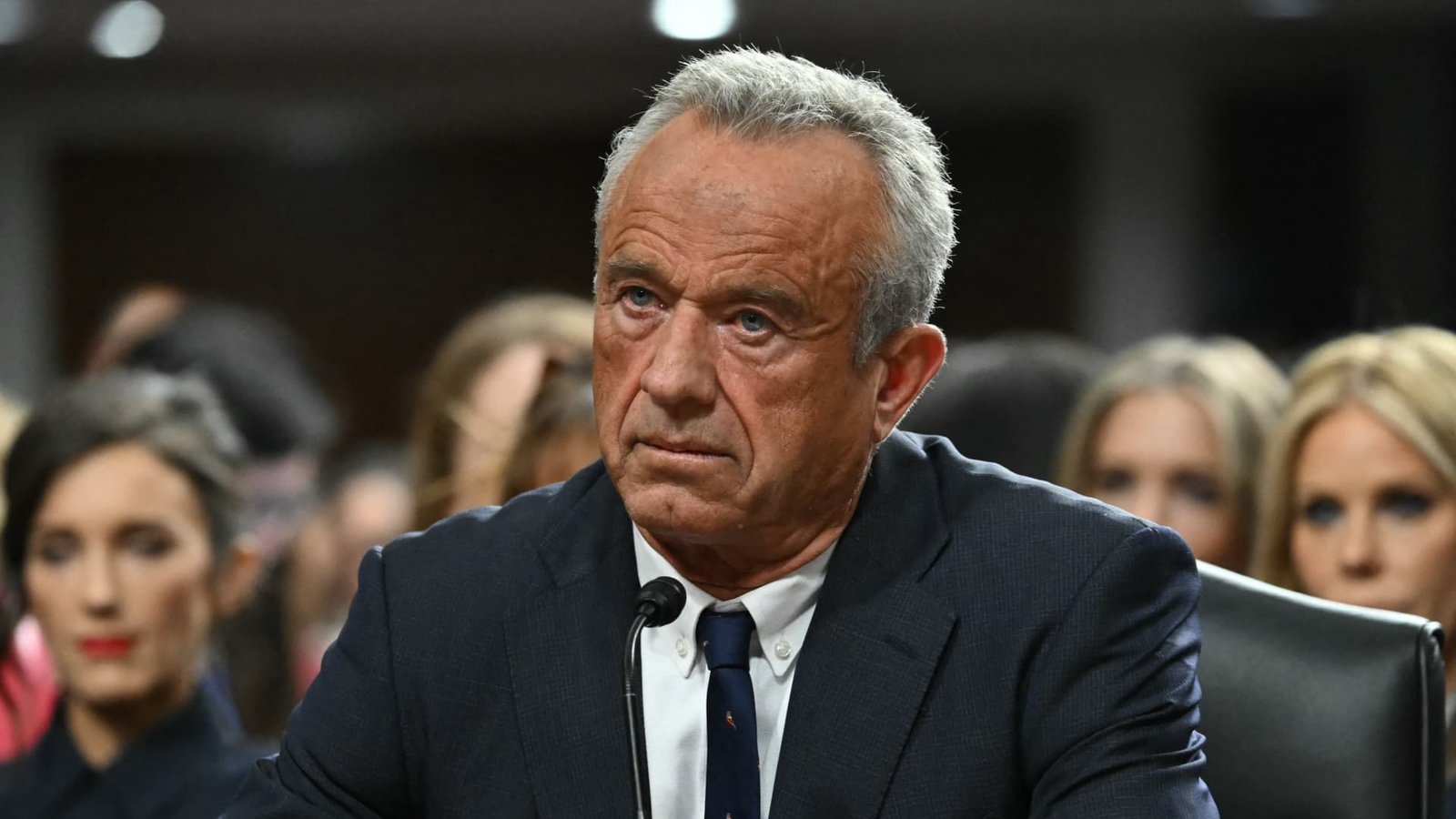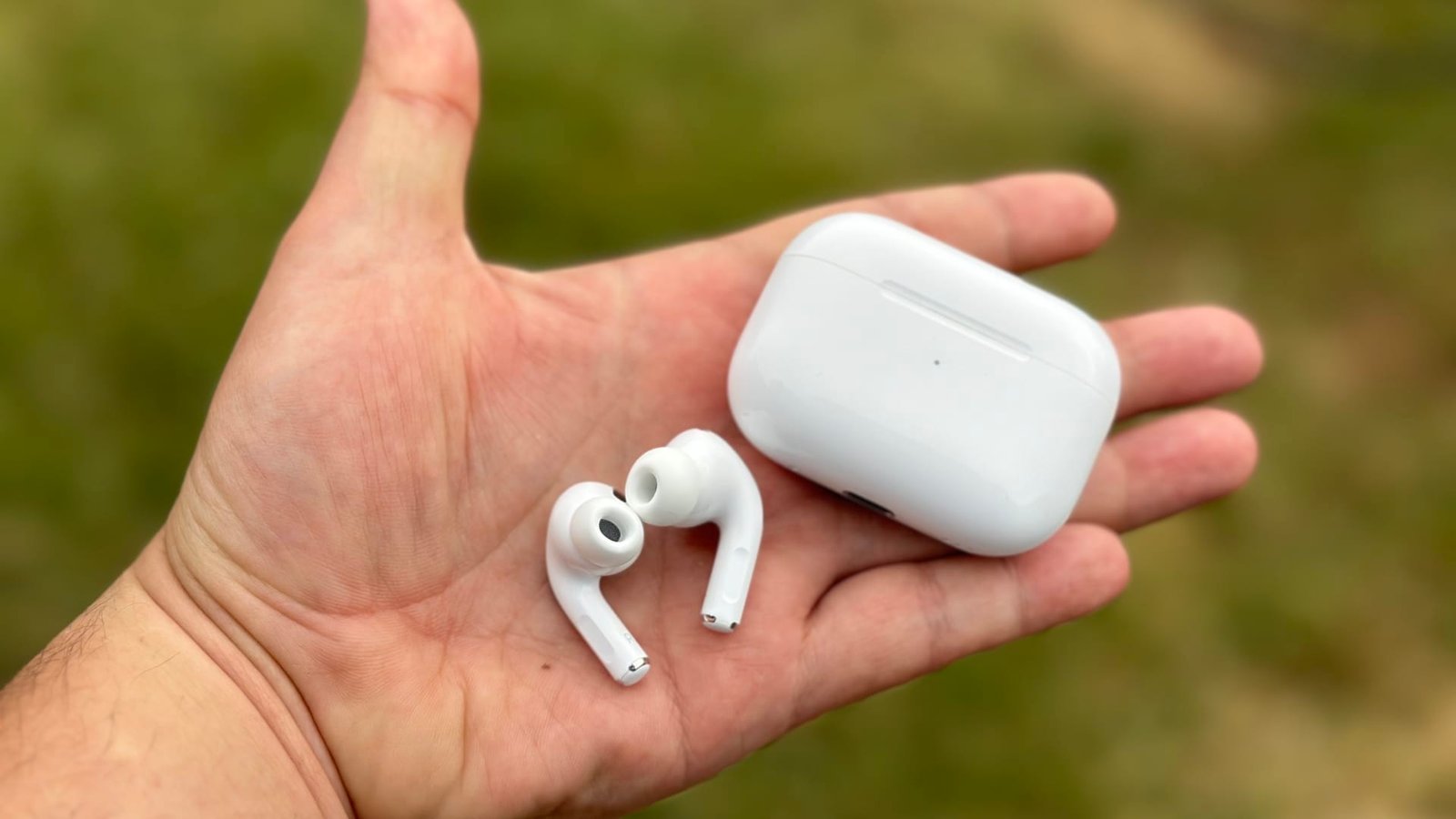Robert F. Kennedy Jr., President Donald Trump’s controversial nominee for the Department of Health and Human Services, testified before a Senate panel on Wednesday. The panel questioned him on topics such as vaccine skepticism, abortion views, and understanding of federal health programs.
Kennedy, 71, faced the Senate Committee on Finance first, which will decide if his nomination advances to the full chamber. In the Senate, he can afford to lose only three GOP votes if all Democrats oppose him. He is also scheduled to appear before the Senate Committee on Health, Education, Labor, and Pensions for a courtesy hearing.
During the hearing, Kennedy evaded some questions and struggled with inquiries about Medicare and Medicaid. He often deferred to Trump on matters like reproductive rights and prescription drug pricing policies. If confirmed, Kennedy would oversee a $1.7 trillion agency responsible for vaccines, scientific research, public health, pandemic preparedness, food and tobacco products, and government-funded healthcare for millions of Americans.
Kennedy, known for his vaccine skepticism, has faced criticism from both political parties. He has made false claims linking vaccines to autism despite scientific evidence refuting this. Kennedy’s nonprofit, Children’s Health Defense, is a well-funded anti-vaccine organization in the U.S. Critics argue that his anti-vaccine advocacy could harm public health efforts.
During the hearing, Kennedy denied being anti-vaccine and emphasized his pro-safety stance. He engaged in debates with senators over his vaccine views, affirming support for vaccines like measles and polio. Kennedy also discussed his broader health platform, “Make America Healthy Again,” which calls for reforms in federal health agencies.
Kennedy’s cousin, Caroline Kennedy, wrote to senators urging them not to confirm him. The hearing highlighted Kennedy’s views on vaccines, abortion, and Medicaid reform. Despite facing scrutiny, Kennedy maintained his positions on these issues during the hearing.




